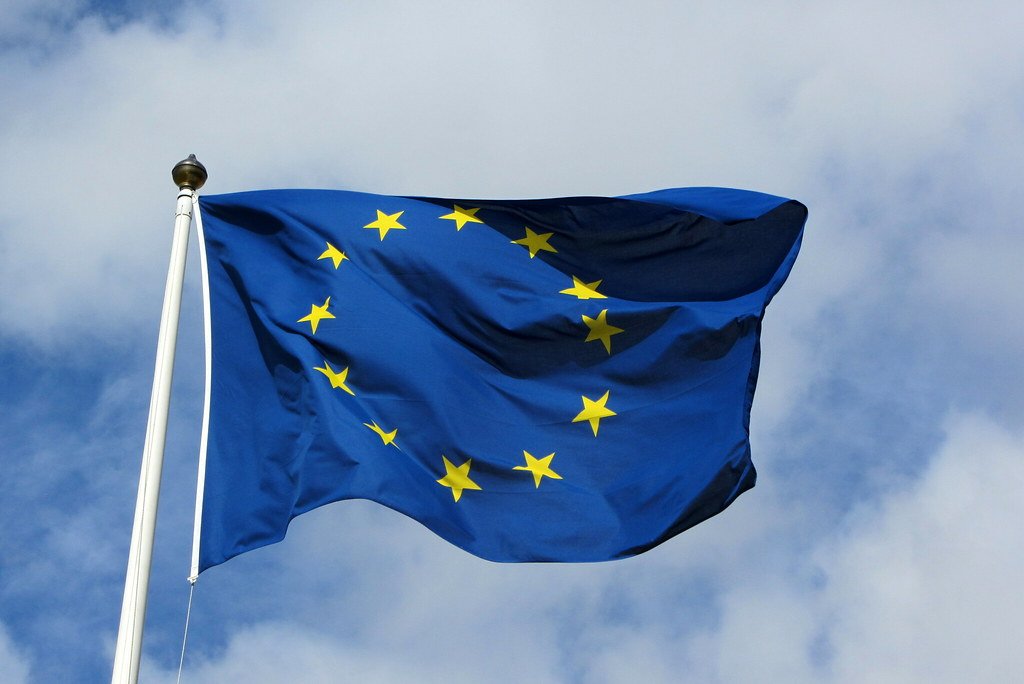
In a significant development for wildlife conservation, the Standing Committee of the Bern Convention has voted in favor of a proposal from the European Union (EU) to modify the protection status of the wolf. The decision, adopted today, will shift the wolf’s classification from ‘strictly protected’ to ‘protected.’ The change is set to take effect on March 7, 2025.
This adjustment paves the way for greater flexibility in managing local wolf populations, providing EU member states with more tools to handle the growing number of wolves across Europe. However, while the status change offers more leeway, wolves will still be considered a protected species, meaning that member states must continue to take appropriate conservation and management actions to maintain a favorable conservation status for the species.
In practical terms, the EU will amend the corresponding annexes of the Habitats Directive to reflect the new status, with a legislative proposal expected to be put forward by the European Commission. This proposal will require approval from both the European Parliament and the Council before becoming law.
The change comes after a thorough review of the wolf population in Europe. The Commission’s December 2023 proposal, supported by data showing a substantial increase in wolf populations, was initially discussed by the European Parliament in 2022 and adopted by the Council in September 2024.
European Commission President Ursula von der Leyen hailed the decision, emphasizing the need for a balanced approach between wildlife preservation and protecting the livelihoods of rural communities. “This is important news for our rural communities and farmers,” von der Leyen said. “The Bern Convention has decided to adjust the protection status of wolves, because we need a balanced approach between the preservation of wildlife and the protection of our livelihoods.”
Wolf populations have been steadily increasing across Europe, raising concerns over livestock predation and the impact on local economies. Despite the shift in protection status, the European Commission stressed the importance of continuing investments in damage prevention measures to reduce conflicts between wolves and farmers.
Jessika Roswall, Commissioner for Environment, Water Resilience, and a Competitive Circular Economy, also supported the move, noting the success of EU conservation efforts for the species in recent decades. However, she acknowledged that the changing reality on the ground, with ever-increasing wolf numbers, justified the adjustment in legal protections.
“The reality on the ground is changing. Ever-increasing wolf populations and the risks this poses have justified adapting the legal protection status of the wolf,” Roswall explained. “Today’s decision by the Standing Committee of the Bern Convention is an important step forward. We will now propose updating EU rules in line with this decision.”
The EU has pledged to continue supporting member states in implementing effective conservation strategies, with funding and guidance for damage prevention measures. These steps are aimed at minimizing conflict and ensuring that both wildlife and agricultural interests are balanced in the coming years.
As the European Commission moves forward with the proposed legislative changes, the shift in the wolf’s protection status marks a new chapter in the management of one of Europe’s most iconic and controversial species.



